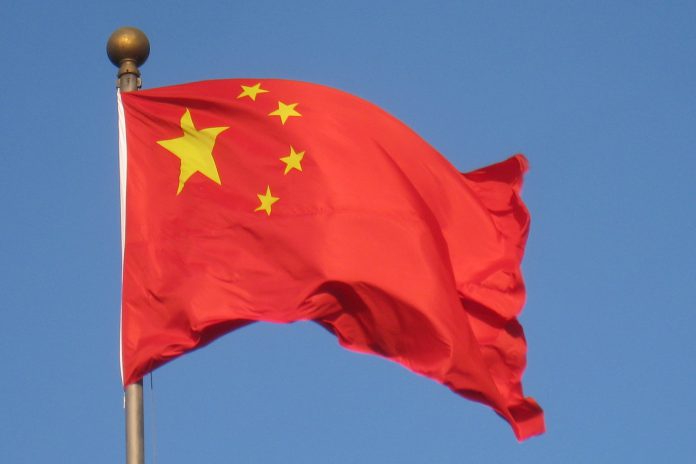These factories supply 83 well-known brands, including tech giants like Apple, Microsoft, Samsung, Huawei, Google, and Sony. Over 80,000 Uyghurs were transferred to factories across China between 2017 and 2019, the ASPI says, with some of them sent directly from detention camps. Evidence shows the workers are under constant surveillance, have limited freedom of movement, live in segregated dorms, and are forbidden from religious observances. “Microsoft is committed to responsible and ethical sourcing. We take this responsibility very seriously and take significant steps to enforce our policies and code of conduct in support of human rights, labor, health and safety, environmental protection, and business ethics through our assurance program,” said a Microsoft spokesperson to Windows Central on Monday. “All forms of forced labor are specifically banned by our Supplier Code of Conduct. We are investigating the claims and will take appropriate action if breaches of our code of conduct exist.” Ensuring their a product is ethically sourced from start to finish is a difficult undertaking, but it’s something companies must bear and respond to criticism on. Microsoft is at least looking into the issue, but human rights organizations will undoubtedly want to know what action it’s taking and how it plans to prevent problems in the future.




